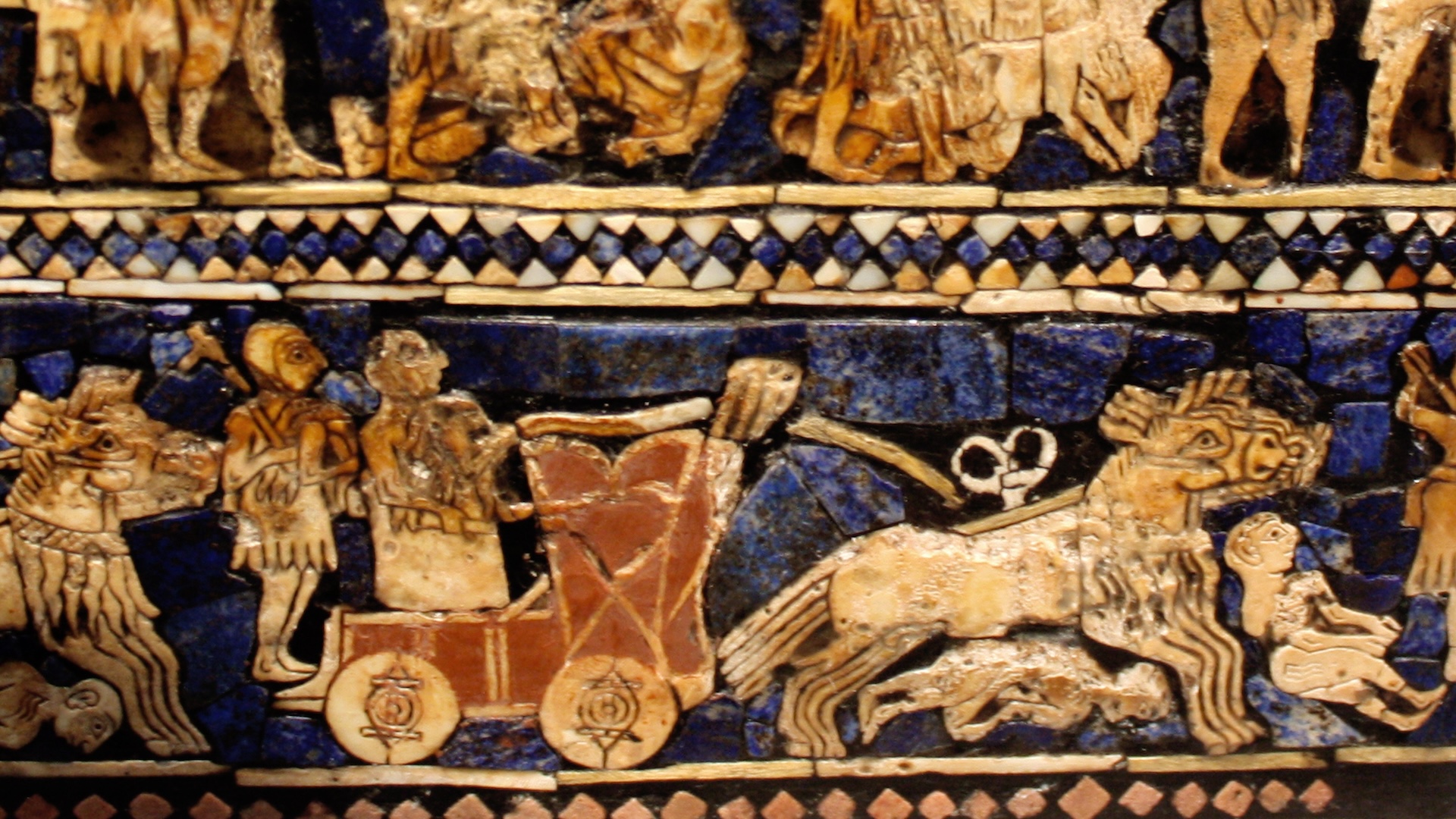Cancers, Vol. 15, Pages 1987: Emerging Targeted Therapies for HER2-Positive Breast Cancer
Cancers doi: 10.3390/cancers15071987
Authors: María Florencia Mercogliano Sofía Bruni Florencia Luciana Mauro Roxana Schillaci
Breast cancer is the most common cancer in women and the leading cause of death. HER2 overexpression is found in approximately 20% of breast cancers and is associated with a poor prognosis and a shorter overall survival. Tratuzumab, a monoclonal antibody directed against the HER2 receptor, is the standard of care treatment. However, a third of the patients do not respond to therapy. Given the high rate of resistance, other HER2-targeted strategies have been developed, including monoclonal antibodies such as pertuzumab and margetuximab, trastuzumab-based antibody drug conjugates such as trastuzumab-emtansine (T-DM1) and trastuzumab-deruxtecan (T-DXd), and tyrosine kinase inhibitors like lapatinib and tucatinib, among others. Moreover, T-DXd has proven to be of use in the HER2-low subtype, which suggests that other HER2-targeted therapies could be successful in this recently defined new breast cancer subclassification. When patients progress to multiple strategies, there are several HER2-targeted therapies available; however, treatment options are limited, and the potential combination with other drugs, immune checkpoint inhibitors, CAR-T cells, CAR-NK, CAR-M, and vaccines is an interesting and appealing field that is still in development. In this review, we will discuss the highlights and pitfalls of the different HER2-targeted therapies and potential combinations to overcome metastatic disease and resistance to therapy.

 1 year ago
29
1 year ago
29


